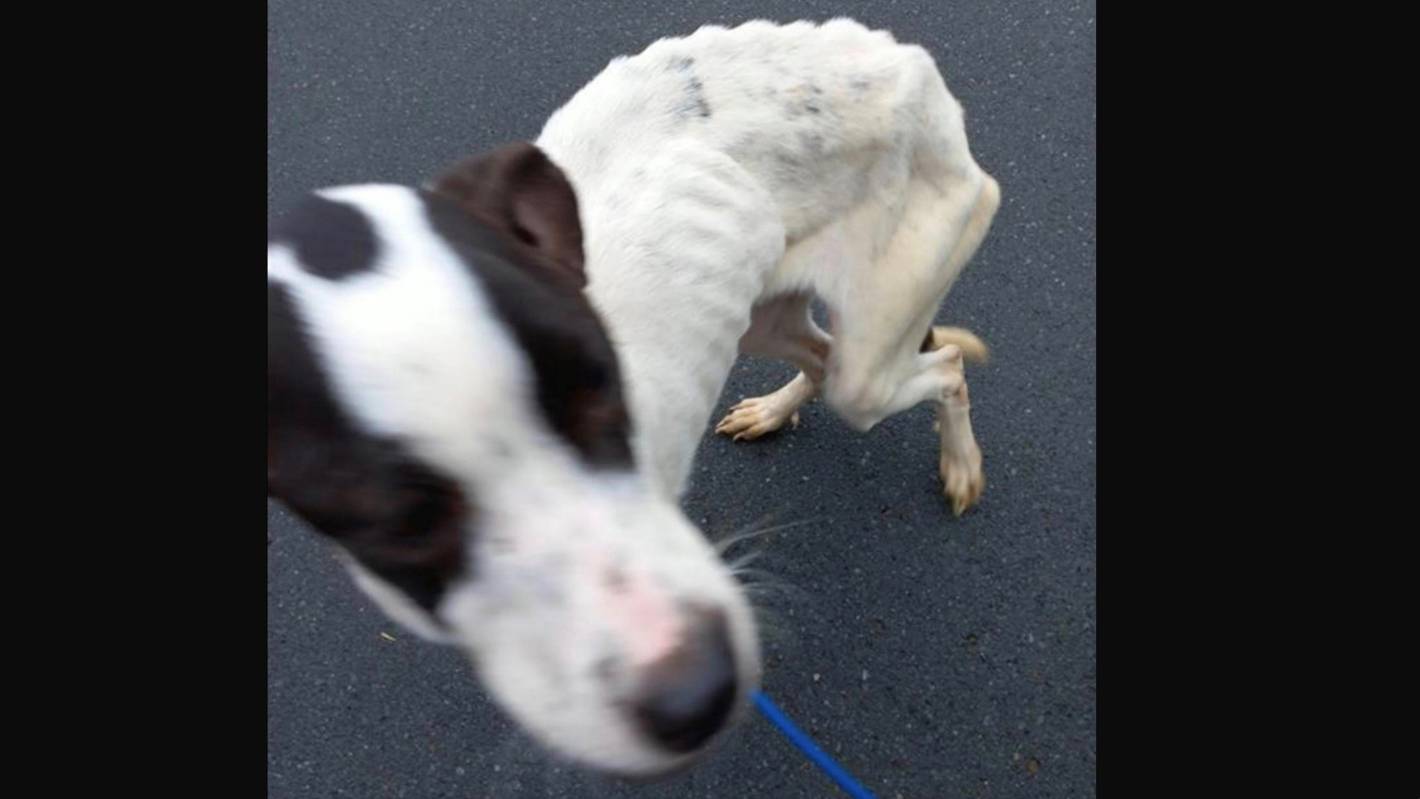- September 6, 2022
- No Comment
- 6 minutes read
Cost of living hits canines: Near-death dogs encountered in north Waikato – Stuff

WARNING: Story contains some images that may be distressing
Near-death dogs in “heartbreaking” situations seem to be victims of the cost of living crisis, an animal control officer says.
Waikato District Council has seen 13 dogs with a body score of ⅕ in the last three months – the skinniest a dog can be before it dies.
The SPCA says large numbers of malnourished dogs are turning up on the doorstep of centres nationwide.
“This year has been really bad. The worst I’ve seen it,” said the council’s senior animal control officer Amanda, who did not want her last name used for security reasons. “I would hate to think what we haven’t been told about.”
READ MORE:
* The treatment of ‘death row’ dogs is cruel, owners say
* Unwanted animals overwhelm South Canterbury rescuers
* Waikato pound goat proves popular
Amanda had been in the industry for about 15 years and said there had always been occasional cases of malnourished dogs, but she has never before seen so many at once.
The only explanation she could think of was the increasing cost of living.
“People are struggling. But there’s no excuse, really.”
One dog found in a near-death state was uplifted from a home in Te Kauwhata, with nine others, after an anonymous tip.
Staff found a handful of small cages, each crammed with two or three dogs.
They had no shelter from the weather and were living in their own faeces, Amanda said.
The dogs had overgrown nails and behaved like they’d never touched grass.
“It’s heartbreaking.”
Dogs would only be put down because of extreme medical reasons or behaviour, Amanda said.
Just one of the 13 emaciated dogs recently encountered in the Waikato District had to be euthanised.
The end of the dog’s tail was rotten and had spread into the spinal cord. It also had severe behavioural issues.
Amanda said they were trying to educate people about what healthy dogs look like, and that they can surrender a dog if they can’t care for it.
“If people are embarrassed, we do have an amnesty surrender cage.”
It’s out the front of the Ngāruawāhia pound and dogs can be put there, no questions asked.
Amanda encouraged people to report concerns to 0800 492 452.
“We would rather go there and waste our time, or that dog has a miserable life. It’s everyone’s business and best to ring.”
The council had a subsidised desexing programme, paid for with $1 from each registration fee. It cost $80, and dogs got a free registration at the same time.
People wanting to help could donate bedding, and toys – something many of the dogs have never had before.
Jackets were also helpful, and donated food went to people in the community needing assistance.
SPCA general manager operations Sue Kinsella said the organisation had seen large numbers of malnourished dogs in the past six months but it wasn’t unusual.
“We put this down to owners not desexing their animals and then not being able to cope with subsequent litters.”
Last week the Hastings Centre had an adoption day as it had 24 puppies in its care – the highest number in years.
There were 33 puppies in care and six dogs available for adoption in Tauranga, and in Northland puppies were abandoned at SPCA centres almost daily.
The charity urged people to get their animals desexed.
Science officer Dr Alison Vaughan said the biggest expense was food, followed by vet bills.
On average, dog owners in New Zealand spent $200-499 a year on medical costs. The total cost of having a dog was around $1500 to $2000 a year.
“Cost is a known barrier to desexing and SPCA is particularly concerned that tight finances, in combination with the backlog in desexing surgeries due to Covid-19 and vet shortages, could cause people to put off this important procedure.”
Caring for a dog was expensive, she said. But, there were ways to keep costs down.
She encouraged people to take advantage of low cost desexing offers, such as SPCA’s Snip ‘n’ Chip.
“As with many things, prevention is better than a cure. Preventable health issues and unintended litters can lead to costly and unexpected veterinary bills.”
She said keeping your pet at optimal weight through appropriate feeding and exercise, and keeping up with vaccinations, regular vet checks, and desexing helped to keep costs down.
Putting a little money aside each week or investing in pet insurance would help if you were one day faced with a large vet bill.
Struggling dog owners were encouraged to get in touch with their nearest SPCA centre.
© 2022 Stuff Limited

